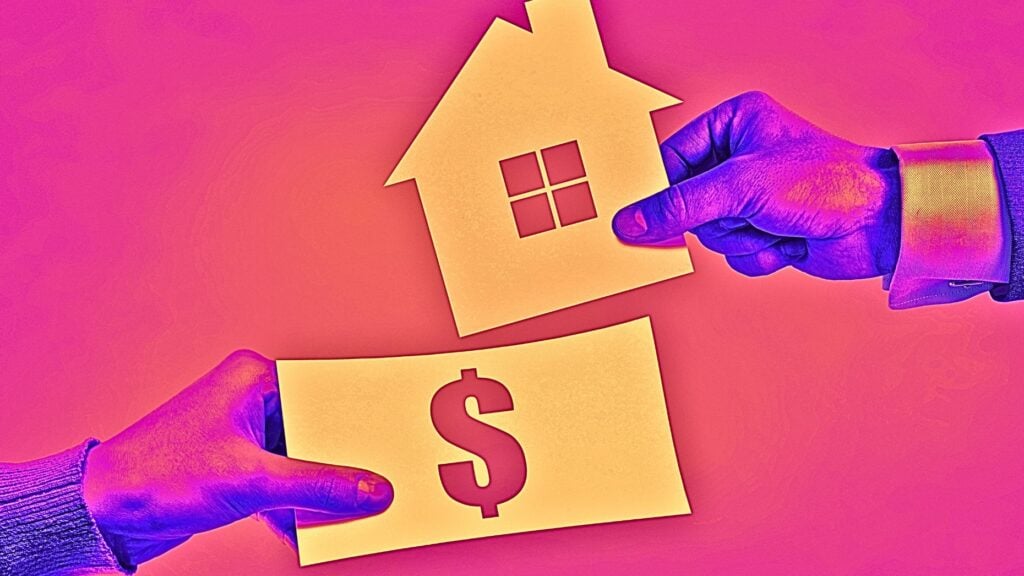How to Break Down the Pros and Cons of Buying Down Interest Rates
Introduction
Buying down interest rates is a strategy that many homeowners consider when taking out a mortgage. This involves paying extra upfront to lower the interest rate on the loan. While this can save money in the long run, there are both pros and cons to consider before deciding whether to buy down interest rates. In this article, we will break down the advantages and disadvantages of buying down interest rates to help you make an informed decision.
Pros of Buying Down Interest Rates
1. Lower Monthly Payments
One of the biggest advantages of buying down interest rates is that it can lower your monthly mortgage payments. By paying extra upfront to reduce the interest rate, you can save money on each monthly payment, making homeownership more affordable.
2. Long-Term Savings
Buying down interest rates can result in significant long-term savings. Even though you will be paying extra upfront, the money saved on interest over the life of the loan can far outweigh the initial cost.
3. Build Equity Faster
With lower interest rates, more of your monthly payment goes towards the principal balance of the loan, allowing you to build equity in your home faster. This can be especially beneficial if you plan to sell the home in the future.
4. Improved Cash Flow
Reducing your monthly mortgage payments through buying down interest rates can free up extra cash each month. This can be used for savings, investments, or other financial goals, providing greater financial flexibility.
Cons of Buying Down Interest Rates
1. Higher Upfront Costs
One of the main drawbacks of buying down interest rates is the higher upfront costs. Paying extra at closing to lower the interest rate can be a significant expense, which may not be feasible for all homeowners.
2. Break-Even Point
There is a break-even point to consider when buying down interest rates. This is the amount of time it takes for the savings on monthly payments to exceed the upfront cost. If you plan to sell the home before reaching the break-even point, buying down interest rates may not be worth it.
3. Opportunity Cost
By using funds to buy down interest rates, you are forgoing other potential uses for that money, such as investments or home renovations. It’s important to weigh the opportunity cost of buying down interest rates against other financial goals.
4. Market Fluctuations
Interest rates can fluctuate over time, and there is always the risk that rates could decrease after buying down interest rates. In this case, you may not see as much savings as anticipated, making the upfront cost less beneficial.
Conclusion
Buying down interest rates can be a savvy financial strategy for some homeowners, but it’s important to carefully consider the pros and cons before making a decision. Lower monthly payments, long-term savings, and improved cash flow are attractive benefits, but higher upfront costs, break-even points, and market fluctuations are potential drawbacks. By weighing these factors and consulting with a financial advisor, you can determine whether buying down interest rates is the right choice for you.
FAQs
1. Should I buy down interest rates if I plan to sell my home soon?
If you plan to sell your home before reaching the break-even point on buying down interest rates, it may not be worth the upfront cost. Consider how long you plan to stay in the home before making a decision.
2. Can I negotiate the cost of buying down interest rates with my lender?
Yes, it’s possible to negotiate the cost of buying down interest rates with your lender. Be sure to shop around and compare offers from different lenders to find the best deal.
3. How do I know if buying down interest rates is the right choice for me?
Consider your financial situation, long-term goals, and risk tolerance when deciding whether to buy down interest rates. Consulting with a financial advisor can also help you make an informed decision.




